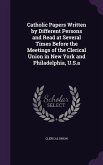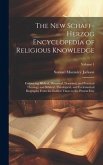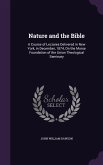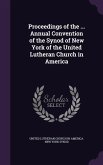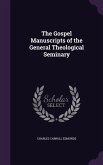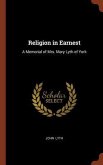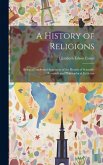Broken Knowledge explores the impacts of the scientific and scholarly ideal of the modern university on theological education at Union Theological Seminary from 1887-1926. During this period, the marks of the modern university -specialization, the elective system, professionalization, and the empirical research orientation- were incorporated into theological education. While vigorously implanting the new university's structural and functional patterns into theological education, the seminary and its theologians strove to bring theological discussions into the arena of secularized academia, to achieve independence from church dogmatism, to expand the scope of theological outlook in social domains, and to bind science and religion together. Without doubt, these efforts deserve due recognition. However, it is also undeniable that the current problems in theological education -the fragmentation of the theological curriculum and the loss of a holistic search for religious truth - have to do with the seminary's adaptation to the new university ideal such as uncritical specialization and narrow modern epistemology at the turn of the century. This book explores how the decline of theology or the sacred in our modern world is connected with the dominance of modern scientific ways of knowing in our search for truth and the lack of holistic approaches to the issue of faith and knowledge. This book searches for the recovery of wholeness in theological education and higher learning in general.
Hinweis: Dieser Artikel kann nur an eine deutsche Lieferadresse ausgeliefert werden.
Hinweis: Dieser Artikel kann nur an eine deutsche Lieferadresse ausgeliefert werden.


